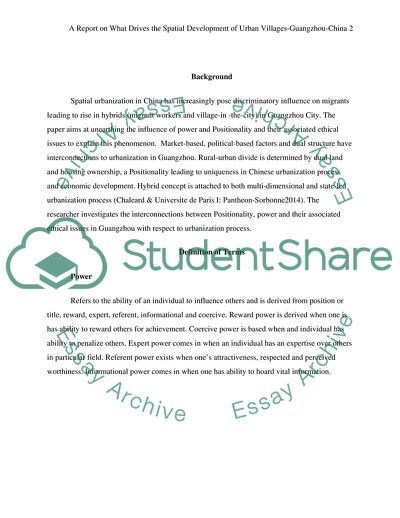Cite this document
(What Drives the Spatial Development of Urban Villages-Guangzhou-China Coursework, n.d.)
What Drives the Spatial Development of Urban Villages-Guangzhou-China Coursework. https://studentshare.org/geography/1827633-the-impact-of-financial-policy-on-urbanisation-process-in-respect-to-globalisation
What Drives the Spatial Development of Urban Villages-Guangzhou-China Coursework. https://studentshare.org/geography/1827633-the-impact-of-financial-policy-on-urbanisation-process-in-respect-to-globalisation
(What Drives the Spatial Development of Urban Villages-Guangzhou-China Coursework)
What Drives the Spatial Development of Urban Villages-Guangzhou-China Coursework. https://studentshare.org/geography/1827633-the-impact-of-financial-policy-on-urbanisation-process-in-respect-to-globalisation.
What Drives the Spatial Development of Urban Villages-Guangzhou-China Coursework. https://studentshare.org/geography/1827633-the-impact-of-financial-policy-on-urbanisation-process-in-respect-to-globalisation.
“What Drives the Spatial Development of Urban Villages-Guangzhou-China Coursework”. https://studentshare.org/geography/1827633-the-impact-of-financial-policy-on-urbanisation-process-in-respect-to-globalisation.


